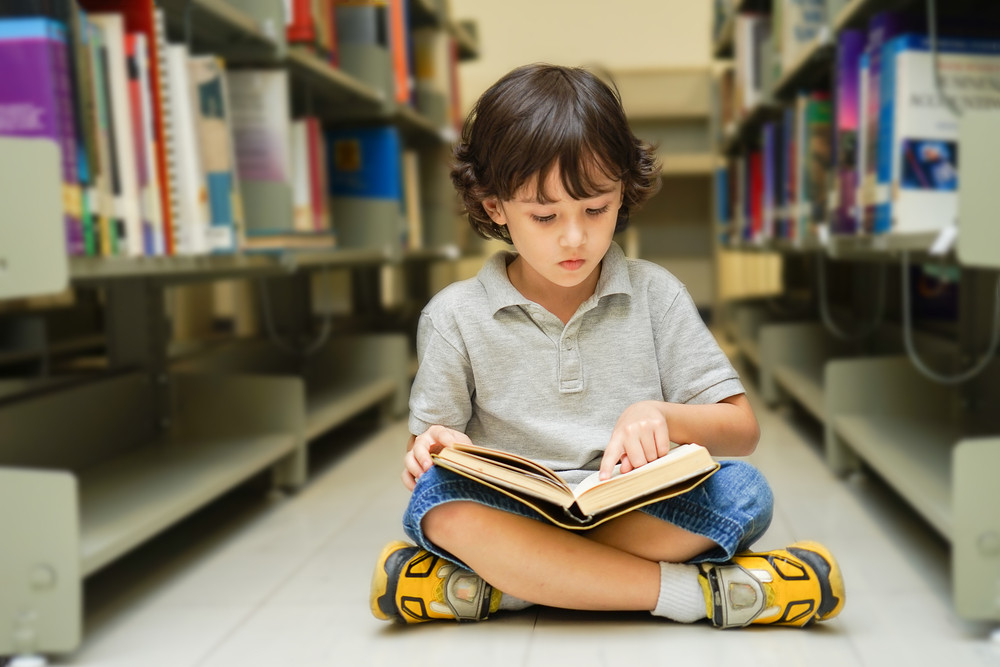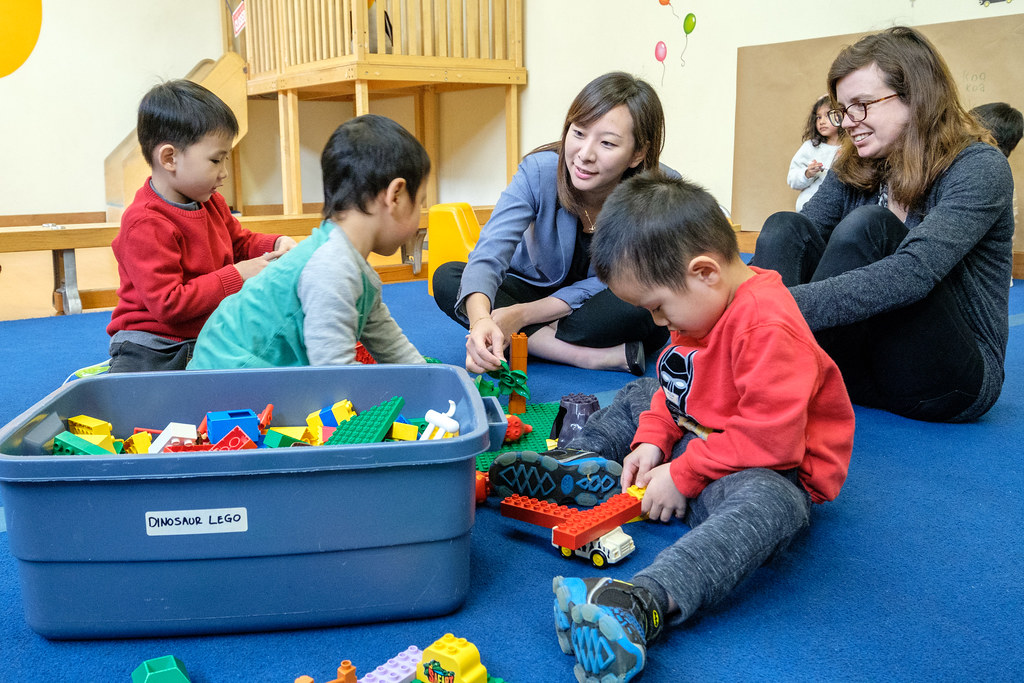 Addressing the growth and development of children of 0 to 3 years – a bold initiative of the national education policy 2020
Addressing the growth and development of children of 0 to 3 years – a bold initiative of the national education policy 2020While, the earlier policies of education have not adequately addressed to the cognitive development in the early years of the child, specifically referring to 0-3 years, the strategic initiative taken by the NPE (2020) is indeed commendable. A number of people, in the field of education, have reacted adversely to this, stating that it should not be the focus area of the policy, given a wide variety of challenges and maladies in the field of education. I think such a view is totally myopic, given the fact that education policy should cover the entire spectrum of the learning curve in its totality.
Recent researches in the field of neuro-cognitive sciences have established beyond doubt the impact of the stimuli-response mechanism even in the pre-natal stage. William Larsen writes in his book “Essentials of Human Embryology” (1998):
"The extreme speed with which both our under-standing of human biology and our clinical practices are advancing affects a new category of patient: the unborn foetus."

The following is the excerpt of Jan Nijhuis in the journal Foetal behaviour: Developmental and perinatal Aspects (1992):
“Some mothers say that they listened to Mozart or Beethoven during their pregnancies in order to give their child a good start in this world. But what should one think of these stories? Does an unborn child store environmental stimulus? In other words, do humans learn while they are still in the womb? Lately the anecdotal stories on these issues have been supplemented with scientific data. It has, for example, been scientifically proven that a foetus starts to hear sounds in the 20th week of pregnancy and is able to react to sounds by the 28th week at the latest. In addition, habituation studies have found that the foetus is not only able to hear tones, but can also memorize them.”
As such, enough research has also been done on the impact of parental attitudes on the growth profile of the foetus. “Even more intriguing is evidence of the impact of the mother's and father's attitudes and feelings on their unborn child. Based on the findings of many other researchers as well as his own experience as a psychoanalyst, Dr. Verny presents evidence that the attitude of the mother toward the pregnancy and the child, as well as toward her partner, have a profound effect on the psychological development of the child and on the birth experience”, says Dr. Belle Dougherty in her article on “Mysteries of pre-natal consciousness”.
Thus, enough evidences exist to show that learning has to be considered as a continuous process almost from the pre-natal level. The emphasis, therefore, on the nurturing of the growth and development of the child cannot be underplayed. Such a nourishment does not remain restricted only to nutrients for the body, but emotional, psychological, social and cognitive development also has to be nourished and nurtured through well organized and researched processes.
“Research shows that you begin learning in the womb and go right on learning until the moment you pass on. Your brain has a capacity for learning that is virtually limitless, which makes every human a potential genius." Says, Michael J. Gelb
Therefore, the consideration of National Policy on Education to the cognitive, emotional, social and kinaesthetic growth profile in the first three years is a step in the right direction. Possibly, one believes, the guidelines developed for the parents would keep the Indian context in mind to deal with the problems of growth which are essentially related to local geographical, social and community profiles of the child. In her article “‘Development mile stones -the first six months” Dr. Ann Logsdon advocates to the parents to focus on social and emotional development through the following words “Always respond to your baby's communication. Speak softly, sing to him, and gently touch and pat him for comfort. To calm a baby, rock him gently, hold him, and speak calming words in soft tones. Respect your baby's need to sleep and turn away from stimulation.”
Focusing on the needs for developing language skills and communication patterns, she continues to state “Talk to the baby often. Point out familiar objects and tell him the names of the objects. Begin with single words, and later add descriptive words such as colour, texture, positions, and possessive words. Read simple books with colourful pictures. Repetition of these words and books will help build the baby's receptive language skills. Receptive language skills are the basis for later speech and communication”

In the current scenario, where parents appear to be pre-occupied, they hardly spend any time with their younger ones and leave them to their own selves with inappropriate toys, electronic gadgets and other appliances. Inter-personnel relationship between the child and the parents appear to be inadequate. The advocacy packages to be developed by the concerned educators need to take cognizance of such issues including those of the selection of toys.
Researches on the role of mirror neurons in developing social intelligence, effective communication patterns, collaborative learning and several other growth profiles have emerged as a learning input for the parents. Simple domestic practices would help the children to acquire such competencies. The designers of the guidelines need to take note of such issues to educate the parents for the holistic development of the children.
Further, the brain development is indeed very fast, extensive and engaging in these formative years. The children have a very high curiosity to assimilate knowledge, to handle and mess up with things, to experience the unknown, to take risks in haste and also to develop relationships with men and materials around. This is also the period where many of the diverse intelligences come to foreplay. Hence it is important that informal scaffolding of such experiences is to be done by the parents and the immediate environment. Guidelines could be developed by experienced experts in early childhood pedagogy.
Music and dance have a significant role to play in shaping the mental faculties at this stage. They help in shaping the emotional intelligence of the children alongside ethics, empathy, concern and understanding. Nurturing these positive mindsets at the early ages would help in shaping balanced personalities with greater social consciousness. Stories play a very important role in developing perspectives about communities, concepts and life skills. Families and parents need to reach out to engage children in creating an aptitude for such informal learning practices.
The fact that we had not dealt with such issues as a part of our policy perspectives earlier does not inhibit us from taking up this vital issue. As such, governmental, social and other Non-governmental agencies should take up this as a common, but vital, issue for public engagement and education.